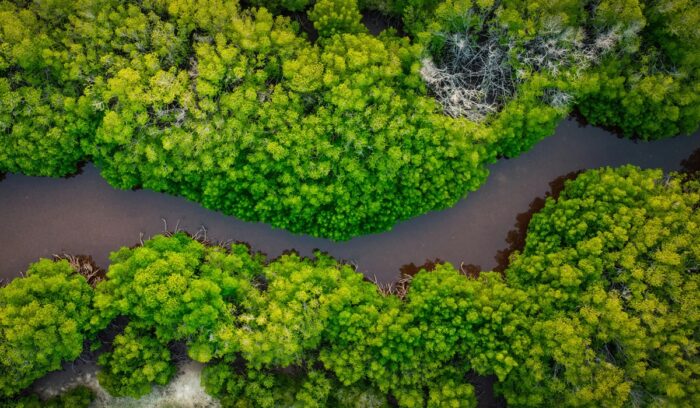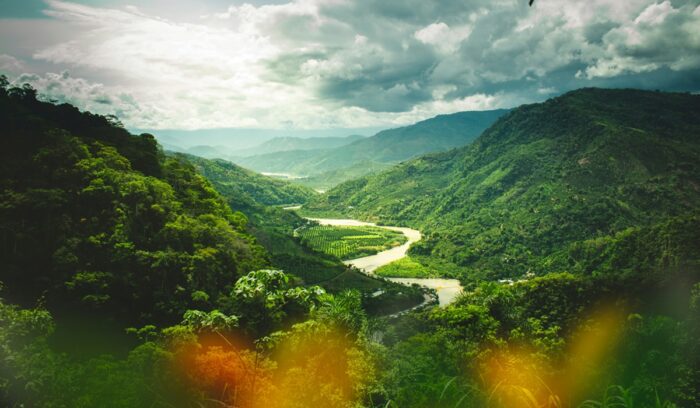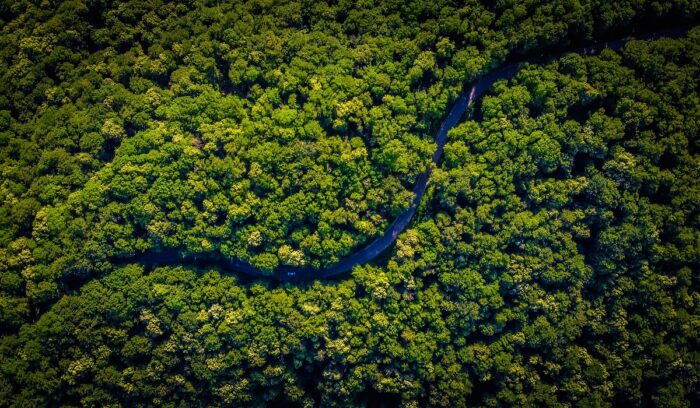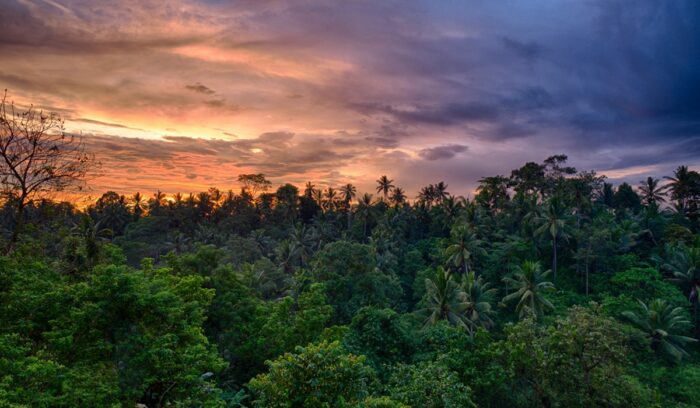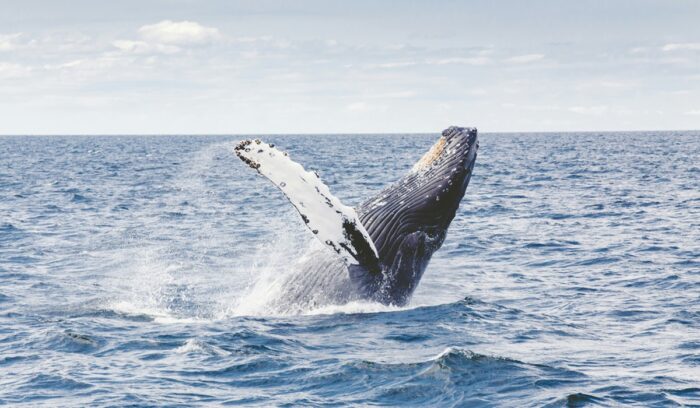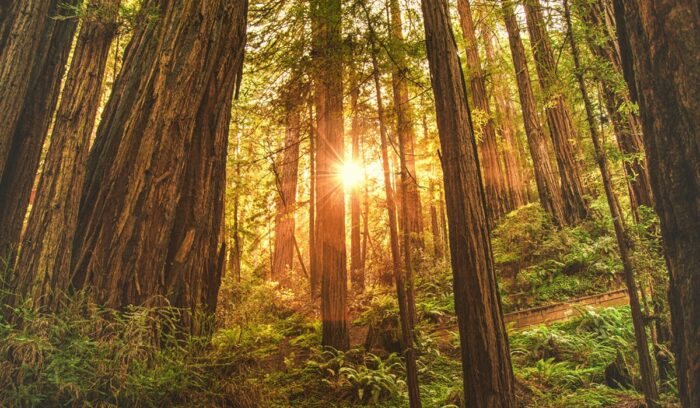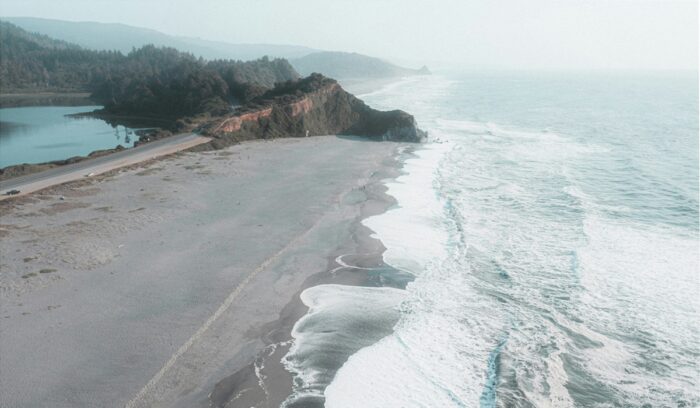Brazil rooting out last of gold miners on Yanomami lands
In a rush for gold, illicit miners had contaminated rivers with mercury and other toxic chemicals and with human waste, resulting in a wave of disease among the Yanomami that led to food shortages and malnutrition. In February of 2023, Brazil launched a campaign to “completely eradicate illegal mining” from the territory, which spans an area roughly the size of Portugal. More than a year later, officials say they have destroyed 42 airstrips, 18 aircraft, and 45 barges used by miners, and have seized 24,000 gallons of diesel fuel. They are now close to expelling the last of the miners, Reuters reports.

